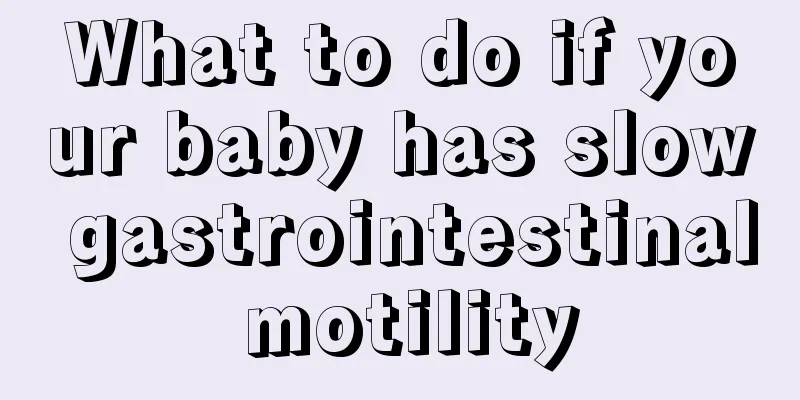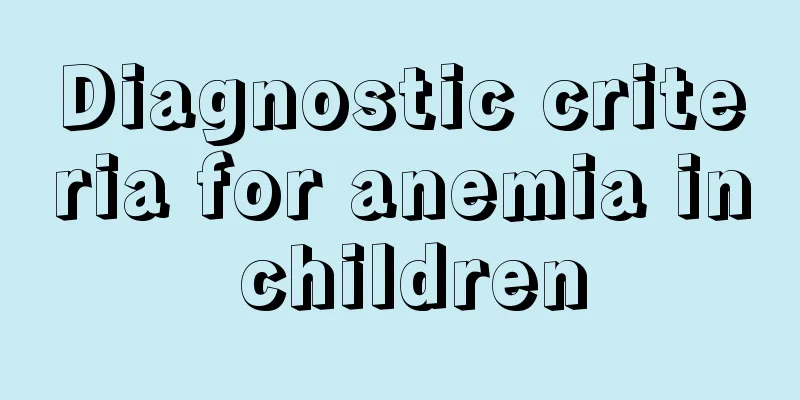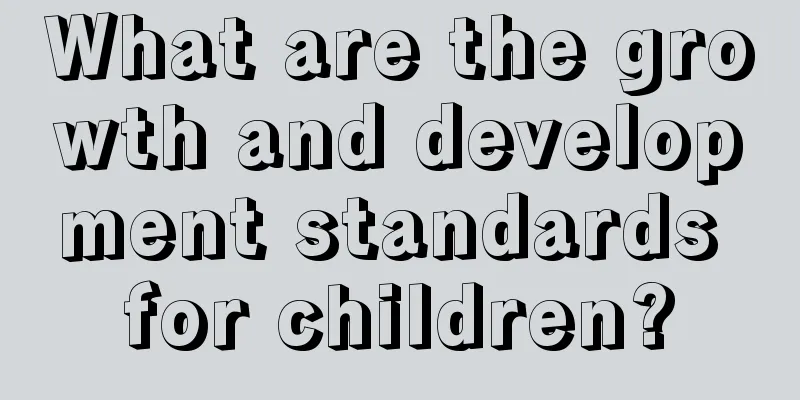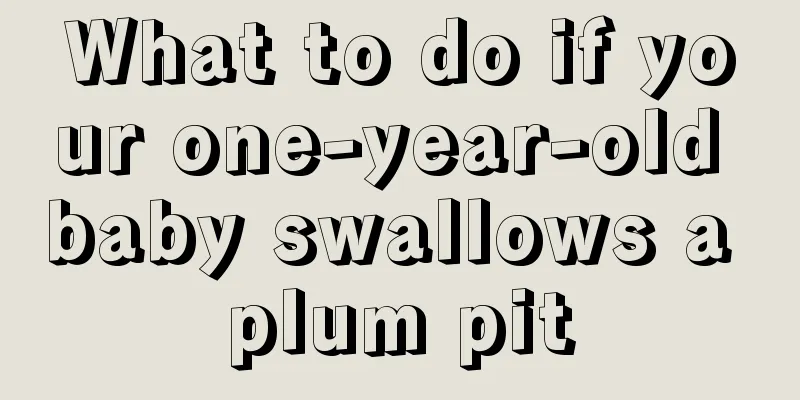How to take care of a baby who has a fever and keeps crying
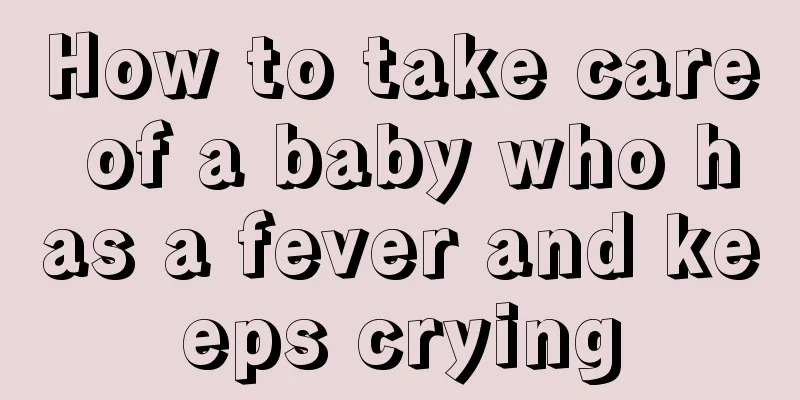
|
For most babies, crying is a very normal thing, but if the baby keeps crying, it needs to be taken seriously. This may be caused by a fever. In reality, many babies will keep crying when they have a fever. In the face of this phenomenon, what we can do is to provide timely care and solutions. Only in this way can we reduce the harm to the baby's young body and mind. Nursing methods for babies who have a fever and keep crying: Rest: Children with a fever need to rest in bed. The indoor environment should be quiet, with a moderate temperature (18℃~25℃), good ventilation, and the clothes and quilts should not be too thick. If the baby sweats a lot, change the clothes for the child in time and wipe with warm water. Drink water: When you have a fever, your breathing becomes faster and more water evaporates, so you need to replenish water in time. Drinking more water can also promote more urination, which helps to reduce fever and excrete toxins. It is best to drink warm water, which is conducive to sweating. Diet: When a child has a fever, his metabolism speeds up, the consumption of nutrients increases greatly, and the consumption of water in the body also increases significantly. At the same time, when you have a fever, the secretion of digestive juices decreases, gastrointestinal motility slows down, and the digestive function is significantly weakened. Therefore, the diet for children with fever should be based on the principles of providing adequate water, supplementing large amounts of vitamins and inorganic salts, and providing appropriate amounts of calories and protein. The diet should be mainly liquid and semi-liquid. Antipyretic: After finding out the cause of the disease and prescribing the right medicine, parents should pay attention to reducing the child's fever, because high fever can cause children to have headaches, body pain, fatigue, loss of appetite, etc. In order to alleviate the discomfort symptoms, the child can be given antipyretic treatment. There are two methods of reducing fever: physical cooling and drug cooling. Although physical cooling is slower, it has no side effects on the child's body, so it can be said to be a safer cooling method. Treatment method Method 1: Dip a towel in warm water (the temperature of your hand should be neither hot nor cold, about 38℃~41℃), wring it slightly dry, and wipe the neck, arms, chest, back, thighs and other parts. Wipe the large blood vessels in the elbows, armpits, and neck a few more times until a slight redness appears. In this way, the evaporation of water can take away a large amount of heat and play a cooling role. Method 2: Place an ice pack or cold towel on the child’s forehead to reduce the brain’s oxygen consumption, thereby lowering body temperature and protecting the brain. As for taking medicine to reduce fever, there are many medicines used for reducing fever. Clinically, antipyretic medicines are generally used only when the child's body temperature reaches 38.5 degrees. Experts remind: Use antipyretics only when the body temperature exceeds 38.5℃. Antipyretics have significant side effects, such as irritating the gastric mucosa, destroying appetite, causing anemia, damaging the liver and kidneys, and some can even cause allergic reactions and rashes. Therefore, parents should be cautious when using antipyretic drugs. If the temperature still rises after using it for a day, seek medical attention immediately. Do not use too large a dose at one time. The dose should be strictly based on the child's weight or age. When the baby has a fever and keeps crying, the first thing to do is to let the baby rest as much as possible. At the same time, we also need to give them more water. Remember, it must be warm boiled water. Of course, in terms of diet, we also need to try to feed the baby more light food, preferably liquid or semi-liquid food. In addition, you can also use ice packs to cool your baby. |
<<: Is it right to check blood when the baby coughs?
>>: How to deal with repeated fever in a 20-month-old baby
Recommend
What should I do if my two-year-old baby has cavities?
Tooth decay is a common phenomenon in many childr...
Treatment of urticaria in children
Children are the bond that holds a family togethe...
How to treat skin allergies in children?
Pediatric skin allergies not only make children f...
What anti-inflammatory medicine should a child take if he has a skin breakout?
It is inevitable that children will have bumps an...
Analysis of Psychological Problems of Left-behind Children
Left-behind children are a special group of peopl...
What to do if your child has a high fever and convulsions
Because children's body resistance is relativ...
At what age do children start to replace their first teeth?
As we all know, children will change their teeth ...
Nine-month-old baby has hemangioma
Many parents will find that their babies develop ...
What to do if your child keeps coughing
Coughing is a common phenomenon that occurs in bo...
What are the symptoms of nasal polyps in children?
This may be the first time you have heard of the ...
What diseases are inherited by boys?
There are many diseases in life that are passed d...
What should I do if my two-month-old baby has not defecated for four days?
My baby is two months old. Recently I found that ...
What to do if your baby has keratitis
The cornea is a very important part of the human ...
Can I take a bath if I have a low fever?
When a child suddenly feels unwell, the parents&#...
What can children eat to improve their memory?
Memory is very important for everyone, especially...
